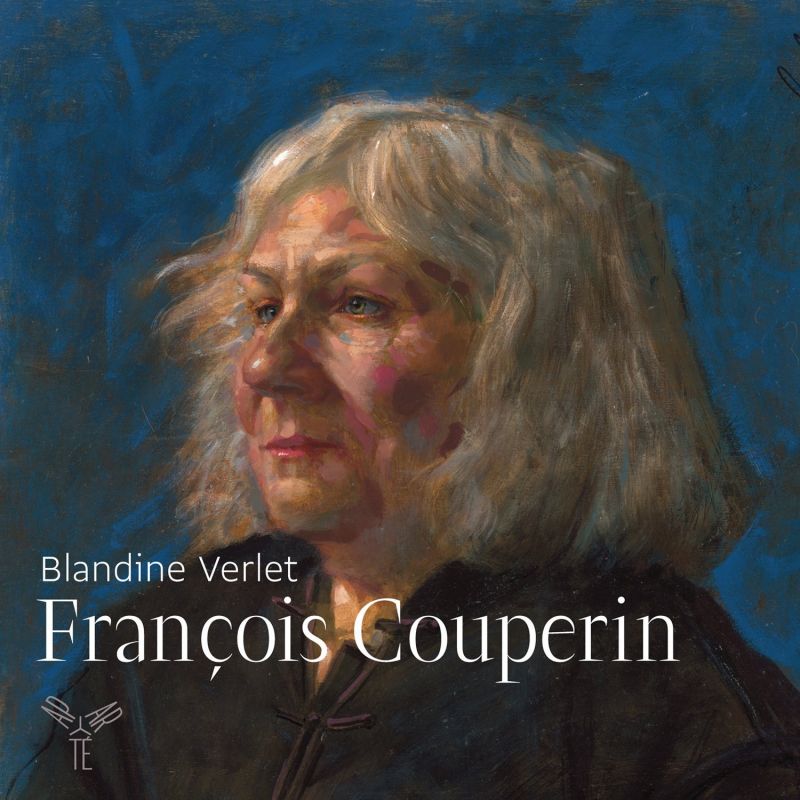NEBRA Iphigenia en Tracia
Nebra’s 1747 zarzuela recorded live in Spain
View record and artist detailsRecord and Artist Details
Composer or Director: José Melchor de Nebra
Genre:
Opera
Label: Glossa
Magazine Review Date: 05/2012
Media Format: CD or Download
Media Runtime: 96
Mastering:
Stereo
DDD
Catalogue Number: GCD920311

Tracks:
| Composition | Artist Credit |
|---|---|
| Para obsequio a la deidad nunca es culto la crueldad y Iphigeneia en Tracia |
José Melchor de Nebra, Composer
(El) Concierto Español Carlos Javier Mendez, Tenor Emilio Moreno, Conductor José Melchor de Nebra, Composer María Espada, Orestes, Soprano Marta Almajano, Ifigenia, Soprano Marta Infante, Cofieta, Mezzo soprano Raquel Andueza, Dircea, Mochila, Soprano Soledad Cardoso, Polidoro, Soprano |
Author: Richard Lawrence
José de Nebra (1702-68) was a church musician, employed by the Spanish court as composer, organist and choirmaster, and a prolific composer of works for the stage. Iphigenia en Tracia, performed in Madrid in 1747, is a zarzuela, an opera of which the greater part consists of spoken dialogue. The dialogue is omitted on this live recording, which makes it hard to keep abreast of the action: Electra and Pylades don’t have singing roles, for example, and the relevance – if any – of the comic turns is a mystery.
The music is very agreeable, and Italianate in style: secco recitatives (with one accompanied recitative at the end) and da capo arias, including a simile aria – our old friend the shipwreck – for Polydorus. The scoring is string-based, but not uniformly so: Polydorus’s aria has prominent parts for the horns and Iphigenia’s aria in Act 1 includes some charming interplay between flutes and strings. But Nebra doesn’t half go on. He will repeat the A section of a da capo number before proceeding, and then of course round it comes again. The catchy sequence of suspensions in the Act 1 quartet palls on the umpteenth repetition and Cofieta’s aria lasts for a good 10 minutes.
There are no weak links among the all-female cast and the orchestra is excellent. A byway rather than a highway, enjoyable and interesting but not, perhaps, essential.
Discover the world's largest classical music catalogue with Presto Music.

Gramophone Digital Club
- Digital Edition
- Digital Archive
- Reviews Database
- Full website access
From £8.75 / month
Subscribe
Gramophone Full Club
- Print Edition
- Digital Edition
- Digital Archive
- Reviews Database
- Full website access
From £11.00 / month
Subscribe
If you are a library, university or other organisation that would be interested in an institutional subscription to Gramophone please click here for further information.




